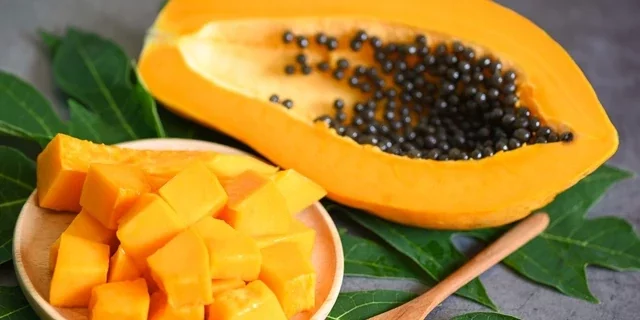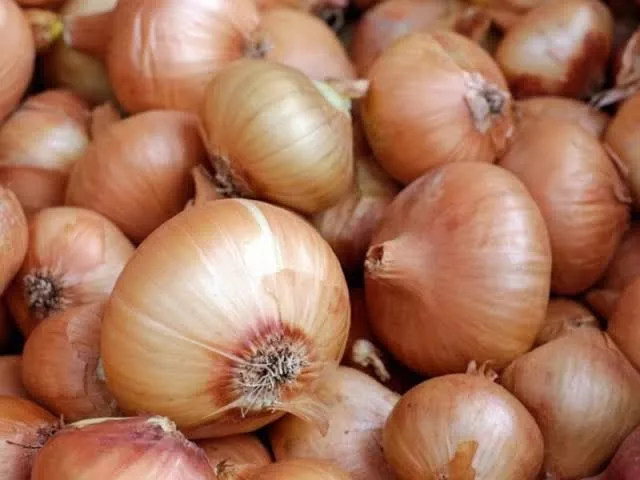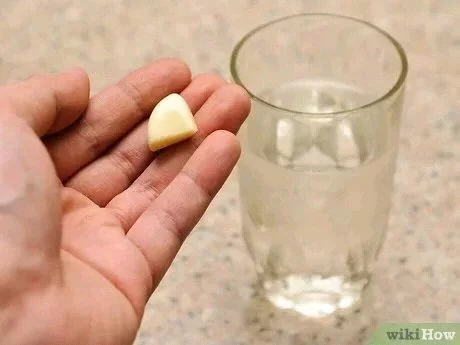Certain plants have been traditionally believed to have contraceptive properties or the ability to prevent pregnancies.

So, if you're looking to enjoy the art of lovemaking without having to worry about birth control and its side effects here are some suggestions for you.
Papaya (Carica papaya)
Papaya, particularly unripe papaya, has been historically used in some cultures as a natural method to prevent or terminate pregnancies.
It is believed that certain enzymes present in unripe papaya might interfere with the hormonal processes necessary for maintaining pregnancy.
Additionally, the seeds of papaya have been suggested to have an effect on male fertility by reducing sperm count.
However, these claims lack solid scientific evidence, and relying on papaya as a contraceptive method is not recommended.
Modern contraception methods backed by scientific research are much more reliable and safer.
Neem (Azadirachta indica)
Neem has a long history of traditional use in Asia as a natural spermicide.
It's believed that extracts from neem leaves or neem oil can be applied to the vagina as a lubricant before or after sexual intercourse, with the intention of killing sperm or preventing implantation.
While some compounds in neem do exhibit spermicidal properties in lab studies, the effectiveness and safety of using neem as a contraceptive method are uncertain.
Moreover, applying substances to the vaginal area without proper understanding or medical guidance can potentially lead to irritation or infections.
What you should know:
It's important to note that the effectiveness and safety of using these plants as contraceptives have not been thoroughly studied or proven scientifically.
It's crucial to approach any contraceptive method with caution and informed decision-making.
While traditional remedies might have cultural significance, they should not replace scientifically proven methods of contraception.
If you are looking to prevent pregnancy, it's recommended to consult a healthcare professional to discuss safe and effective contraceptive options tailored to your individual needs and circumstances.
















Comments